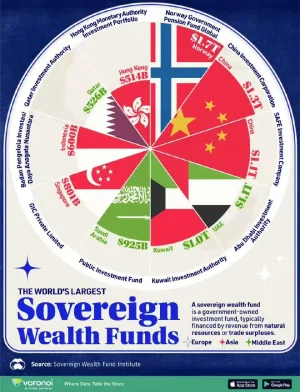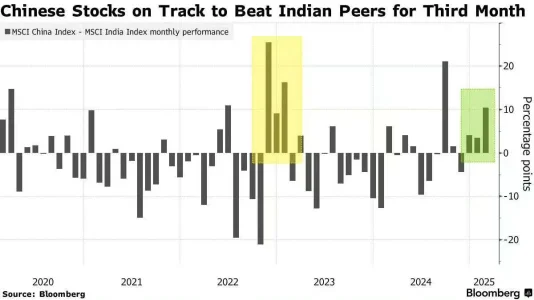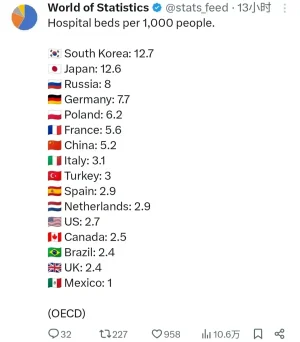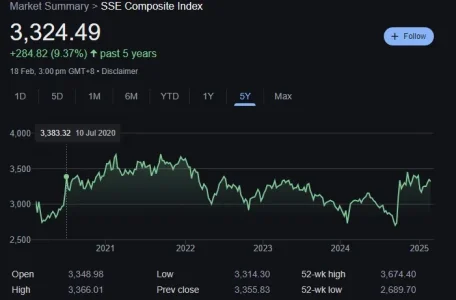China's merchants on Temu, Shein face turmoil after Trump's tariff reversal
South China Morning Post
Sun, February 16, 2025 at 6:30 PM GMT+9·3 min read
20
China's cross-border merchants and logistics service providers are contending with the chaos caused by US President Donald Trump's back-and-forth tariff policies, as businesses brace for more shocks in an already challenging retail market.
Garments producer and online seller Kenny Li said he tried to keep his cool after Trump earlier this month raised tariffs on Chinese goods by 10 per cent and removed a duty exemption on lower-value packages, only to delay implementing the policies several days later.
"Just let it be - otherwise, what else can be done?" Li said. "We can only wait for the plan to be finalised and actually put in place before knowing for sure how we can deal with the policy changes."
Do you have questions about the biggest topics and trends from around the world? Get the answers with SCMP Knowledge, our new platform of curated content with explainers, FAQs, analyses and infographics brought to you by our award-winning team.
For now, the mantra is "keep calm and carry on". Li continued to deliver his goods to the warehouses of e-commerce platforms Temu and Shein, both of which gave him no new instructions on how to cope with new US policies. Logistics procedures and charges remained largely unchanged, he said.
Shoppers in Manchester, Britain, carry bags from fashion retailer Shein. Photo: Reuters alt=Shoppers in Manchester, Britain, carry bags from fashion retailer Shein. Photo: Reuters>
Trump on February 7 signed an executive order postponing new tariffs on lower-value packages from China, stipulating that the "de minimis" exemption will be removed only when the commerce secretary informs him that "adequate systems are in place to fully and expediently process and collect tariff revenue applicable".
It followed an announcement by the United States Postal Service that it would continue to accept all inbound mail and packages from mainland China and Hong Kong, reversing a decision half a day earlier to suspend such services.
In turn, many logistics service providers cancelled the extra fees they imposed after Trump first announced the tariffs - some companies had been charging 35 per cent more for textile shipments and 25 per cent more for other merchandise to cover duties and customs clearance.
YunExpress, a Shenzhen-based cross-border logistics service provider, announced on February 8 that it would fully refund the 30 per cent tariff deposit and the 20 yuan (US$2.70) customs clearance fee for all deliveries placed that week.
"The frequent adjustments to the US customs clearance policies in the past seven days have brought chaos to the cross-border e-commerce supply chain, along with drastic fluctuations in costs," the company said in a notice. "We urge our seller friends to enhance their ability to promptly respond to the tightening policies and rapid changes."
A worker at a textile factory in Guangzhou, capital of southern Guangdong province. Photo: AFP alt=A worker at a textile factory in Guangzhou, capital of southern Guangdong province. Photo: AFP>
The de minimis policy, which allows small packages worth less than US$800 to enter the US duty-free, has played a major role in driving the growth of the Chinese cross-border e-commerce industry. Nearly half of all packages shipped under de minimis came from China, the US congressional committee on China said in a report in June 2023.
Removing the exemption means that goods from Temu, Shein and other Chinese-backed cross-border e-commerce players will be subject to US duties on Chinese imports, which already stood at more than 20 per cent in some industries.
Despite the reprieve, the threat of higher tariffs still looms over the cross-border e-commerce sector, which has become a key part of China's lucrative export sector.
Li said the new US tariffs had made him more determined than ever to leave this industry, as he expected the policies to eat into the already thin profit margins of selling cheap products on sites like Shein and Temu.
"They will only make things harder for the industry this year," he said.
This article originally appeared in the South China Morning Post (SCMP), the most authoritative voice reporting on China and Asia for more than a century. For more SCMP stories, please explore the SCMP app or visit the SCMP's Facebook and Twitter pages. Copyright © 2025 South China Morning Post Publishers Ltd. All rights reserved.
Copyright (c) 2025. South China Morning Post Publishers Ltd. All rights reserved.

www.globalhungerindex.org
tradingeconomics.com










